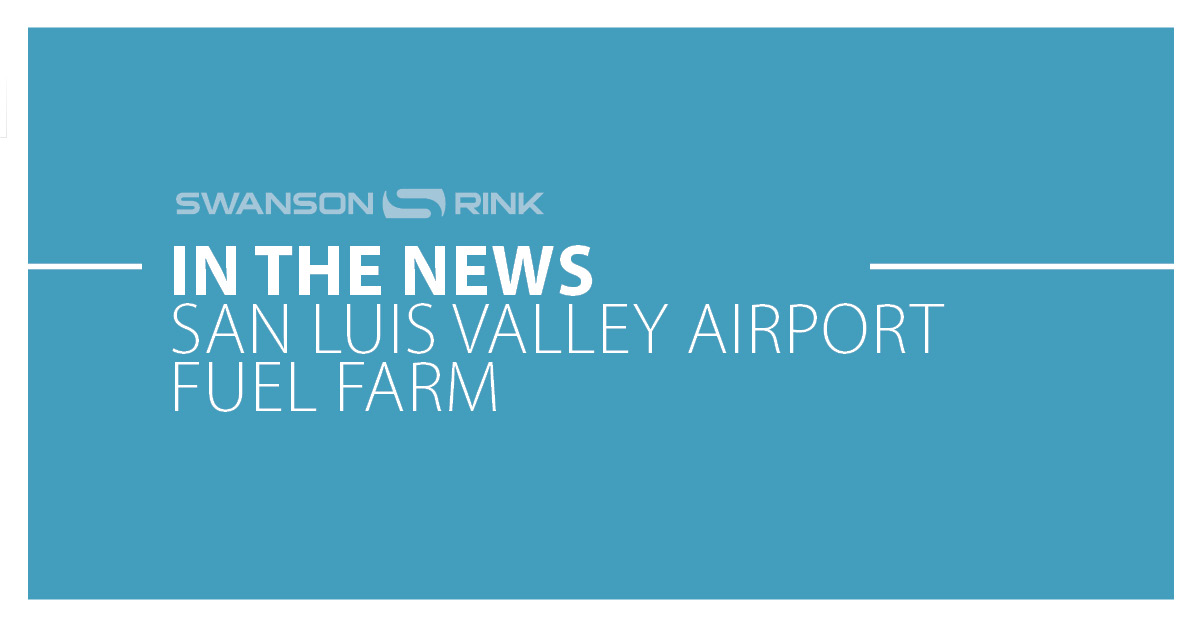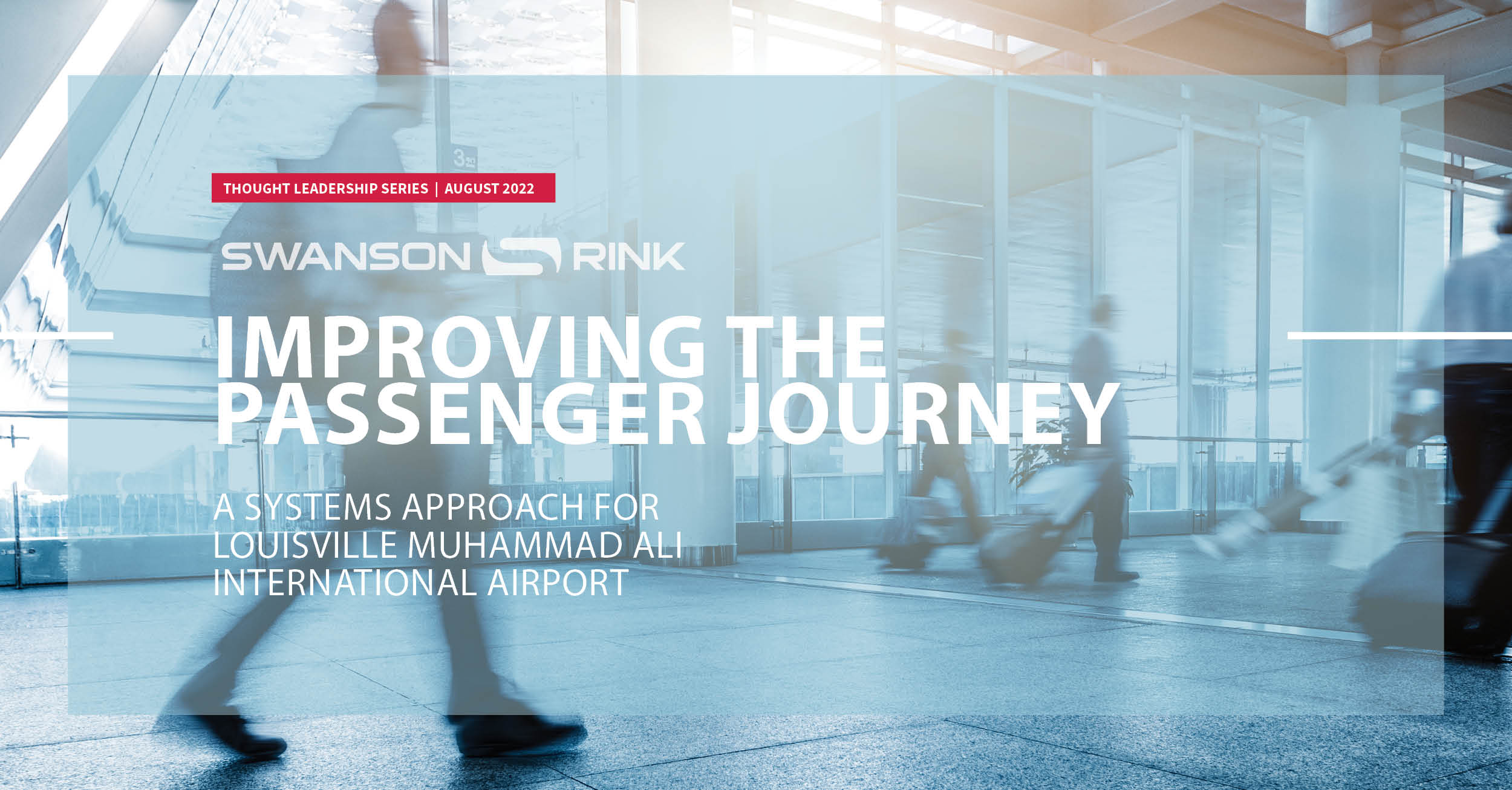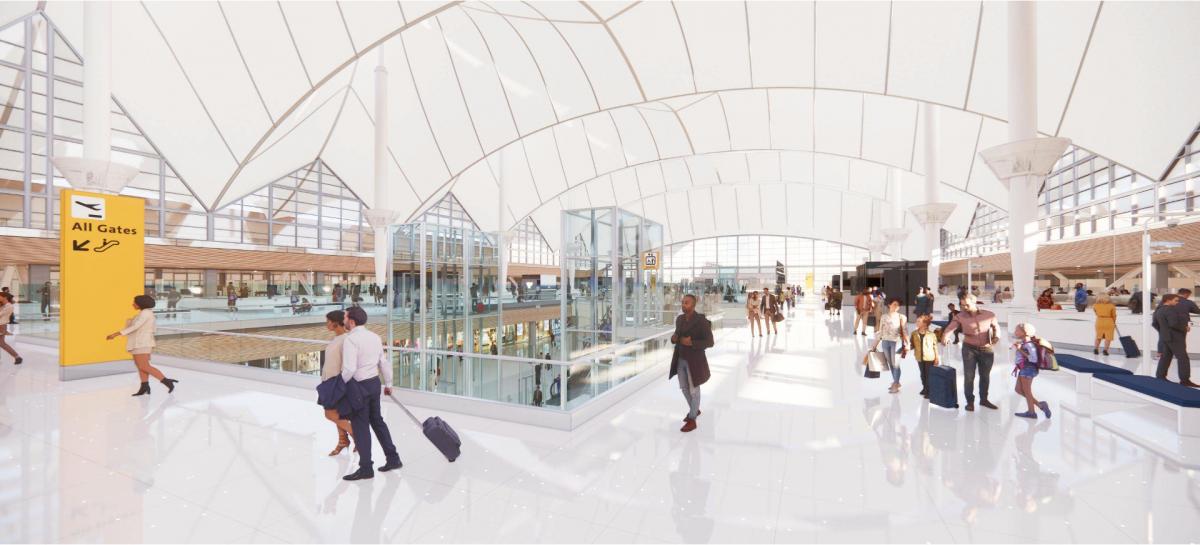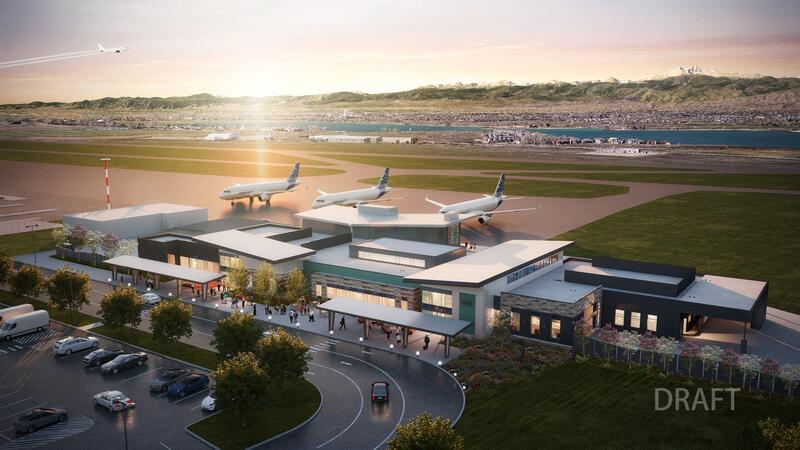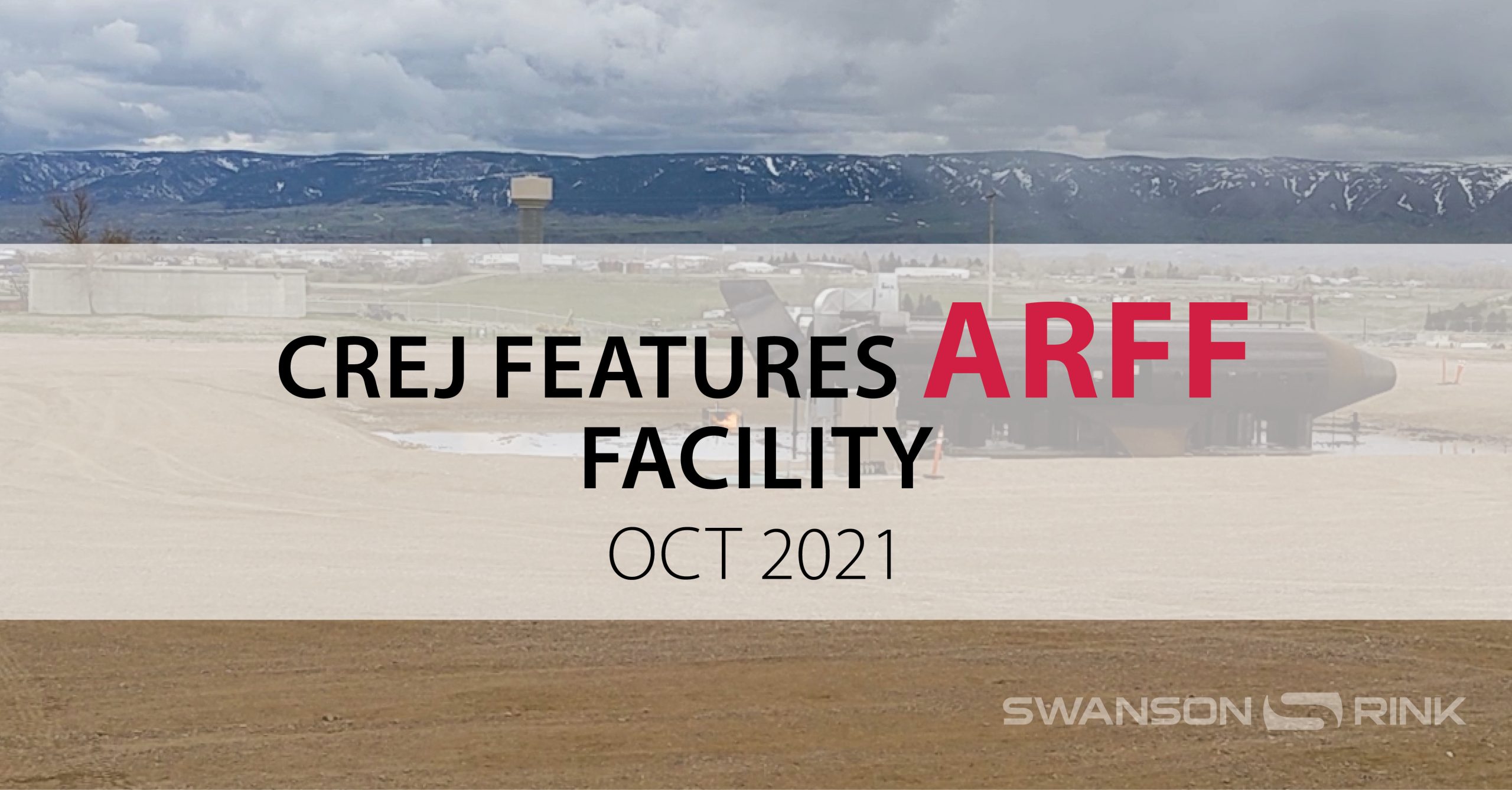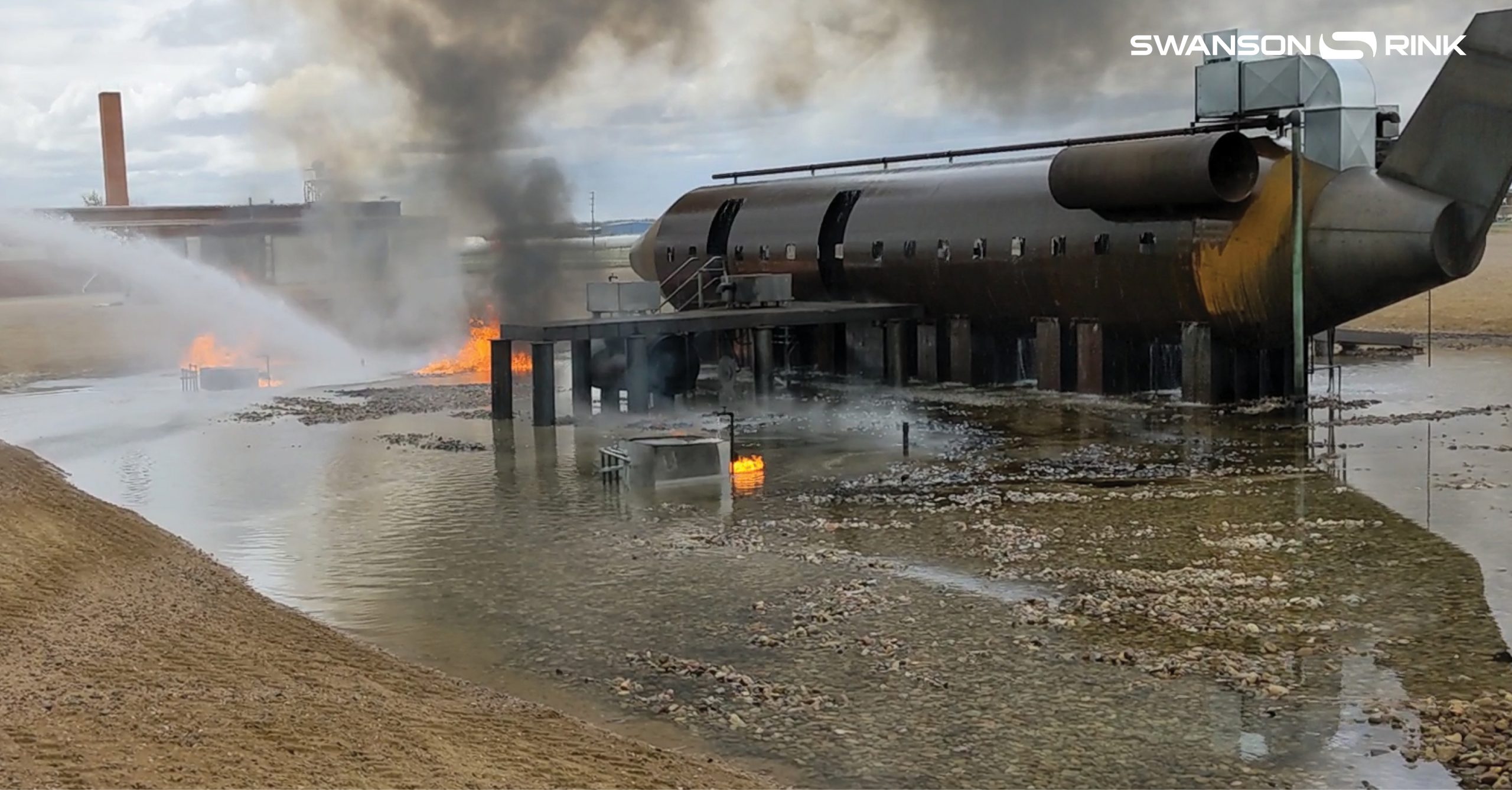Swanson Rink completed another successful fueling project, this time for the San Luis Valley Regional Airport. The fueling design for the installation of two new aviation fuel tanks (one for Jet A and one for AVGAS) helped the airport to comply with State codes and current industry standards. The airport’s transformation makes it a crucial tool for the region, giving the airport the resources to meet the standards of a Class 1 Commercial Service Airport, bringing both improved access and the potential for economic growth.
With more than 50 years of airport fueling system expertise, we engineer for JETA, MOGAS, AVGAS and CNG used for ramp vehicles; and our work has included design for tank farms and hydrant distribution systems as well as truck loading.

